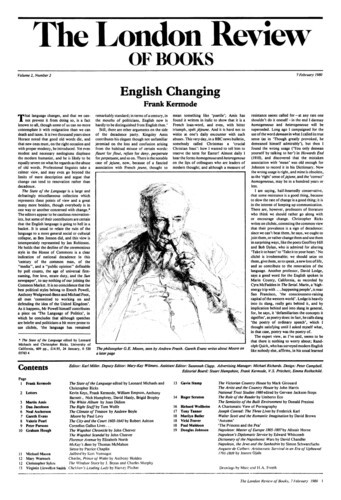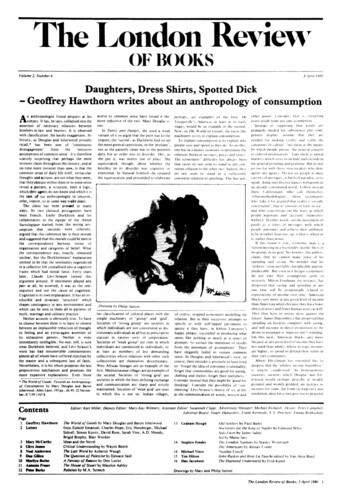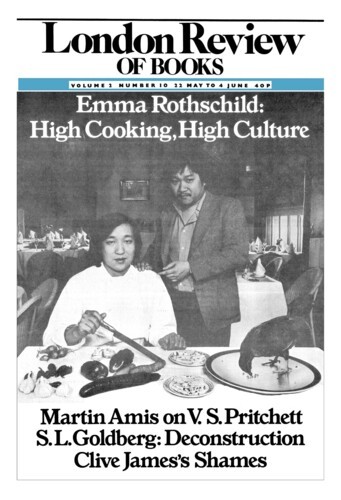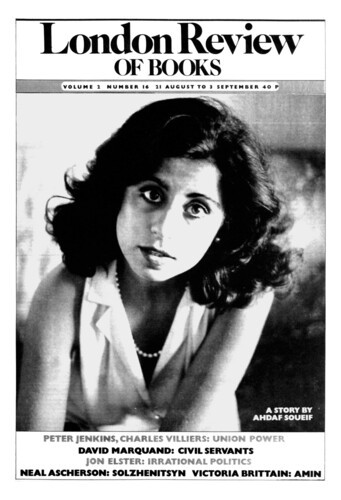What sort of traitors?
Neal Ascherson, 7 February 1980
The other day, I found myself in a taxi queue with Anthony Blunt. He looked frayed but fervently cheerful, much as if he had just been dug out of the ruins of his own bombed house. Never mind the furniture, the books and the glass: the ceiling had come down, but the dear old family dining-table had taken the strain. Nobody is going to try him, nobody is going to bump him off. The worst that can happen now is abuse by newspapers, and that will only hasten the process of reconciliation with his friends. Newspapers are ‘they’ and we, after all, are ‘we’. As Andrew Boyle relates, it turned out that a great many old acquaintances of Burgess and Maclean were much more horrified – felt, indeed, much more betrayed – by the fact that the late Goronwy Rees gave a version of their flight to the People than by the flight itself. When Stephen Spender showed the Daily Express a friend’s letter about Burgess, he was held to have disgraced himself.




